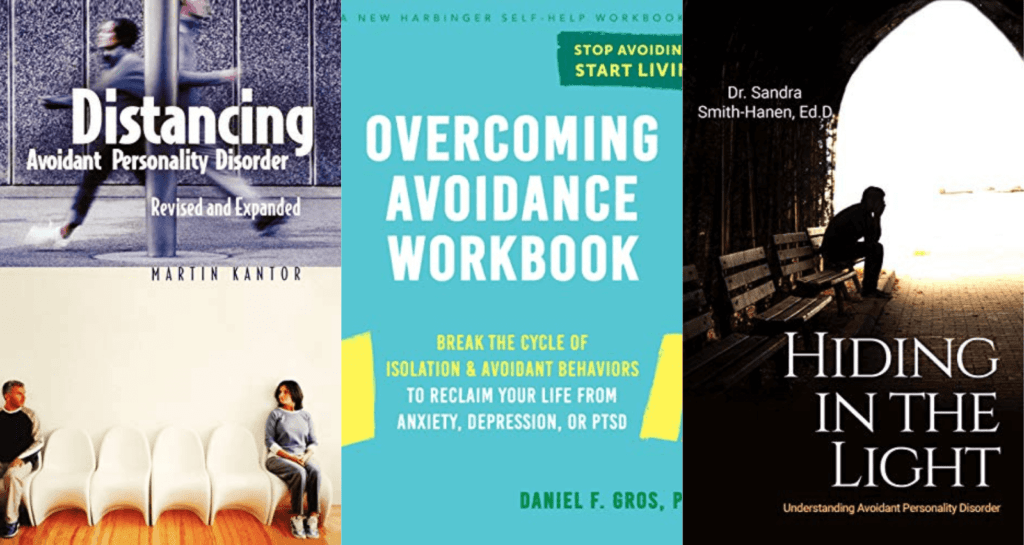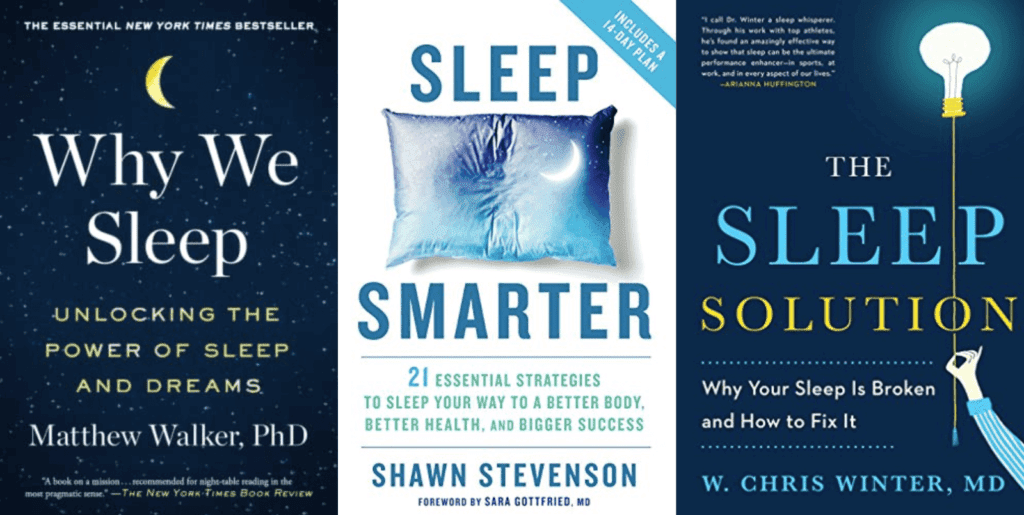The following are avoidant personality disorder books.
Disclosure: Some of the links below are affiliate links. This means that, at zero cost to you, I will earn an affiliate commission if you click through the link and finalize a purchase.
What Is Avoidant Personality Disorder?
Avoidant Personality Disorder (AVPD) is a mental health condition characterized by a pervasive pattern of social inhibition, feelings of inadequacy, and hypersensitivity to negative evaluation.
According to the Diagnostic and Statistical Manual of Mental Disorders, Fifth Edition (DSM-5), AVPD is diagnosed when an individual exhibits at least four of the following criteria:
1. Avoidance of occupational activities that involve significant interpersonal contact due to fear of criticism, disapproval, or rejection.
2. Reluctance to form close relationships, avoiding intimate relationships due to fears of being shamed or ridiculed.
3. Preoccupation with being criticized or rejected in social situations, leading to avoidance of new activities or unfamiliar people.
4. Inhibition in social interactions due to feelings of inadequacy or low self-esteem.
5. Reluctance to take risks or engage in new activities because they may turn out embarrassing or humiliating.
6. Avoidance or reluctance to express oneself openly due to fear of being criticized or rejected.
7. Experiencing significant distress or impairment in functioning as a result of these avoidance behaviors.
It’s important to note that a trained mental health professional should make an accurate diagnosis by conducting a thorough clinical assessment.
Avoidant Personality Disorder Books

1. Distancing: Avoidant Personality Disorder
By Martin Kantor
Kantor focuses on a misunderstood but common condition that brings severe and pervasive anxiety about social contacts and relationships. He offers psychotherapists a specific method for helping avoidants overcome their fear of closeness and commitments, and offers a guide for avoidants themselves to use for developing lasting, intimate, anxiety-free relationships.
Related: How To Overcome Avoidant Attachment Style?

2. Avoidant Personality Disorder: The Ultimate Guide to Symptoms, Treatment, and Prevention
By Clayton Geoffreys
In Avoidant Personality Disorder: The Ultimate Guide to Symptoms, Treatment, and Prevention, you’ll learn about Avoidant Personality Disorder, and how it can impact a person’s life. This book covers a variety of topics regarding AvPD, including but not limited to feelings of low self esteem, self isolation, and discomfort in social situations.
Topics covered include cognitive skills therapy, psychological therapy, self-isolation, extreme sensitivity to criticisms, and self-deserting behaviors.
Related: Best 9 Tips On How To Stop Avoidance Coping (+FREE Worksheets PDF)

3. The Essential Guide to Overcoming Avoidant Personality Disorder
By Martin Kantor
This thorough and much-needed volume explores the development of AvPD and presents a holistic view of its causes from the psychoanalytic, cognitive-behavioral, and interpersonal perspectives.
It offers an extensive section on diagnostic criteria that will be useful to sufferers and therapists, and it discusses the various therapies for AvPD. Finally, and perhaps most critically, the book provides a section intended as a guide for psychiatrists―and a self-help guide for sufferers―including a day-by-day, one-step-at-a-time, monthly guide on how to overcome AvPD.
Related: Top 10 Social Withdrawal Signs — & How To Social Isolation? (Hikikomori Syndrome)

4. Hiding In The Light: Understanding Avoidant Personality Disorder
By Dr. Sandra Smith-Hanen, Fynn Cross
Hiding In The Light provides insights into the complicated Avoidant Personality Disorder (AVP) based on author Sandra Smith-Hanen’s 25 plus years as a practicing psychologist.
Related: Journal Prompts For Anxiety (+FREE Anxiety Worksheets)

5. Overcoming Avoidance Workbook
By Daniel F. Gros PhD
With this guide, you’ll develop skills based in transdiagnostic behavior therapy (TBT), an evidence-based protocol designed to help you identify and overcome the avoidance and isolation issues associated with depression, anxiety, and PTSD. You’ll also learn how to safely and gradually implement therapeutic techniques that will result in reduced symptoms and improved confidence.
Related: Top 10 Practical CBT Exercises For Generalized Anxiety Disorder Relief

How Avoidant Personality Disorder Books Can Help
Avoidant Personality Disorder books can be incredibly helpful in several ways:
1. Understanding the disorder: These books provide in-depth information about Avoidant Personality Disorder (AVPD), including its symptoms, causes, and prevalence. They can help you gain a better understanding of the disorder, which is the first step towards managing it effectively.
2. Self-awareness: Reading books on AVPD can help individuals with the disorder become more self-aware. By learning about the symptoms and behaviors associated with AVPD, individuals can start recognizing these patterns in their own lives. This self-awareness can facilitate personal growth and the development of healthier coping mechanisms.
3. Coping strategies: Books often offer practical advice and techniques to cope with the challenges faced by individuals with AVPD. These strategies may include relaxation exercises, assertiveness training, cognitive-behavioral therapies, and mindfulness techniques. Implementing these coping strategies can help individuals manage their anxiety and overcome avoidance behaviors.
4. Building self-esteem: Many books focus on helping individuals with AVPD develop healthy self-esteem and a positive self-image. They often offer strategies to challenge negative beliefs and develop self-compassion. By working on building self-esteem, individuals can reduce their fear of rejection and improve their social interactions.
5. Support and validation: Reading about other people’s experiences with AVPD can provide a sense of support and validation. Knowing that others have gone through similar struggles and have found ways to overcome them can be comforting and inspiring.
Conclusion
It’s important to note that while books can be a valuable resource, they should not replace professional help.
If you suspect you or someone you know has AVPD, it’s highly recommended to seek guidance from a mental health professional who can provide a proper diagnosis and develop a personalized treatment plan.



